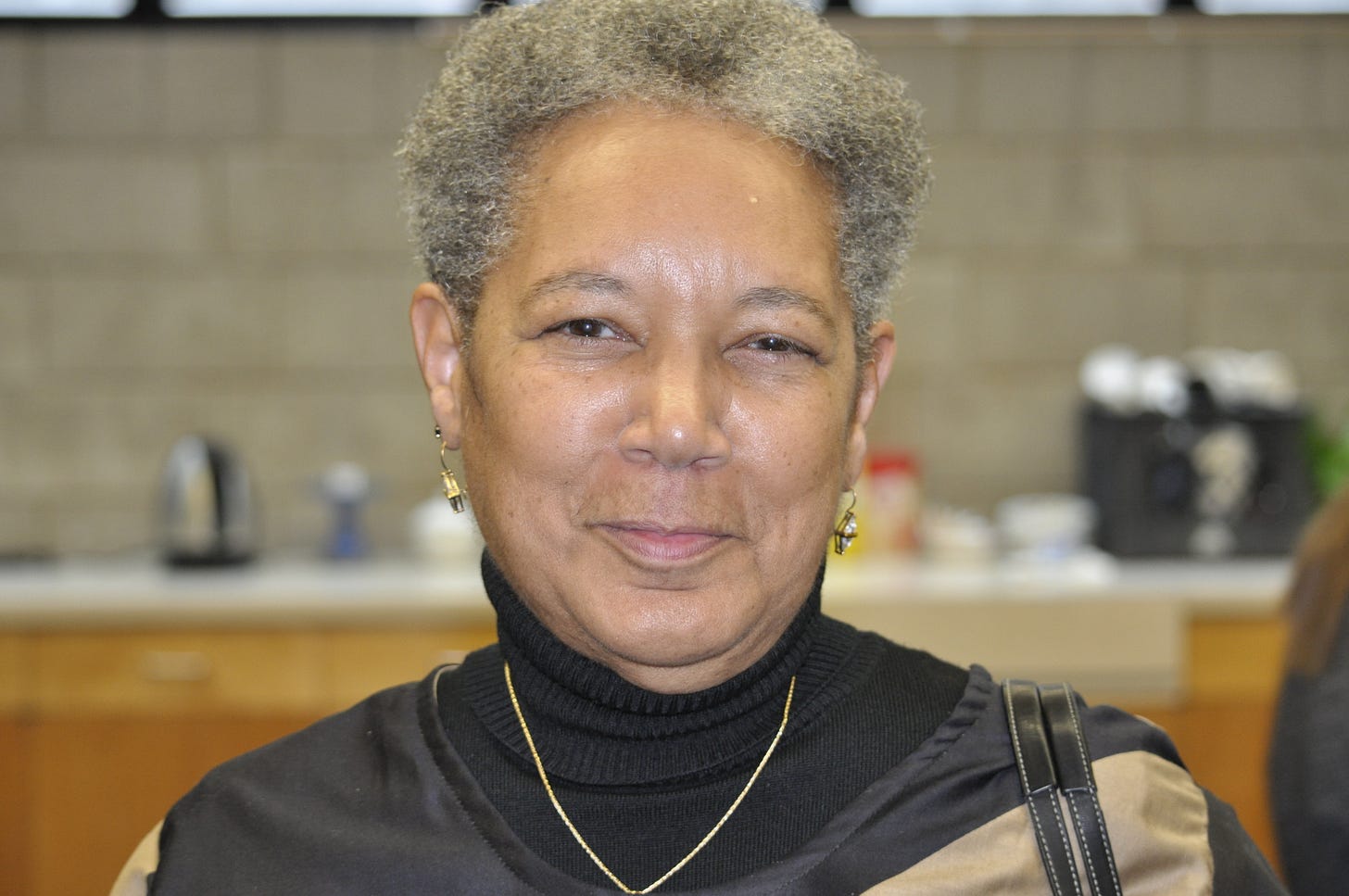Speaking up against the isms
Anita taught me how to speak up when someone says something racist or otherwise inappropriate.
We’ve all been there. Someone says something offensive. Our heart starts to race and sweat beads up on our forehead (or wherever else it bubbles up on you). We desperately try to come up with the right retort. We want to show this person (and others who might be within earshot) that this is not acceptable. But rather than saying the wrong thing, we don’t say anything at all. The moment passes.
Our heart sinks and the internal recriminations start. “Why didn’t I say something?” we ask ourselves. “Why did I let that person get away with that [you fill in the blank - racist, misogynist, homophobic, transphobic, ableist, or agist] joke/comment? I know better than to let them get away with this. But I failed again (insert sad or shamed face emoji here).”
We promise ourselves to do better next time. At least to say something--anything to let the offender know they can’t get away with that kind of talk. The next time it happens, maybe we say something or maybe we don’t, but this particular moment is lost forever.
Or is it?
Anita, a friend I met through anti-racism work at my church, taught me differently. An African American elder who might be perceived as soft-spoken to people who meet her, always says what she needs to say. When I expressed feeling pressured to teach others a skill I didn’t feel I had mastered myself, i.e., speaking up when someone says something racist, she said, “There’s nothing wrong with going back to the person later.”
She went on, “We put all this pressure on ourselves to come up with the perfect response, to call the person out, so they won’t do or say something like that again, or maybe we do it so everyone else in the room knows how smart we are. But it’s often better to wait until things have calmed down, until you’ve had a chance to think about why it hit you the way it did and then talk with the person.”
“Yeah, but how would I do that?” I asked, already imagining my discomfort at initiating such a conversation.
“It’s easy,” Anita replied. “Just invite the person to talk. Say something like, ‘You know, I’ve been thinking about our conversation from the other day, and it left me feeling uncomfortable. I wonder if we could have some coffee and talk about it?’” It sounded easy when she said it. Implementing would be another thing altogether.
In 2014, Anita and I came together to develop the Richmond Pledge to End Racism, which included designing and implementing a twelve-hour workshop called Living the Pledge, which calls on participants to make personal commitments in the work to end racism. I quickly learned how committed Anita was because she not only jumped into this project but agreed to present a program (maybe even suggested it) at the next Unitarian Universalist General Assembly (GA).
Neither of us realized that this meant we were expanding the Pledge beyond Richmond but, because of the GA program, other congregations around the country got excited about bringing it to their communities. Before long, we were consulting with congregations from San Diego to Boston and traveling to many of them to offer training in how to implement the program. The National Pledge to End Racism was born.
In all the workshops we led together, I watched Anita teach people that speaking up is important but that there isn’t any rule that says you have to do it right then. Take your time, think about how the comment hit you and why you felt offended by it. Consider what you want to ask the person to do/say or not do/say differently, and then invite them to a conversation. You’ll be empowered by it, and you won’t be embarrassing them in front of others. “It’s going to have more impact that way,” Anita assured the participants. I learned right along with them.
Since Anita taught me this approach, I’ve had numerous conversations with people that I otherwise wouldn’t have had. And perhaps even more importantly, in many cases, I’ve learned that the person I before might have written off as hopeless was open to my feedback, learned something they didn’t know, and committed to journey with me in continuous learning.
Although I still miss opportunities to speak up on occasion, I’m much more comfortable following up with people than I was when Anita first suggested it to me. None of that would have happened without her wisdom and her willingness to share it.
Next post:





Yes. And allows the person an opportunity to reflect on a way that saves face. Calling in rather than calling out, the latter which almost always invites shame and defense rather than reflection.
A good lesson to remember.